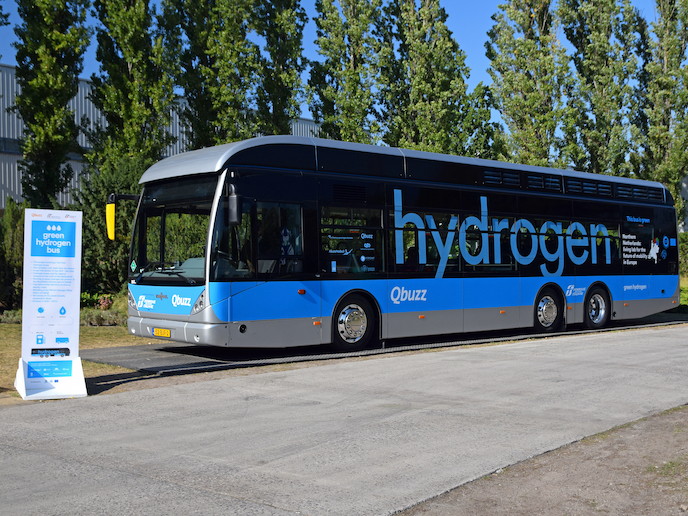Identifying legal and administrative barriers and solutions for hydrogen technology
The EU-funded coordination and support action project, HyLAW, was the first of its kind to comprehensively review the root causes behind legal and administrative barriers holding back the deployment of fuel cell and hydrogen (FCH) technologies, in 18 national legal systems, as well as the EU’s own. HyLAW generated reports to shape future legislative solutions, and its public www.hylaw.eu (website) provides 3 000 unique visitors per month with information on the legal and administrative process (LAP) obligations applicable for hydrogen technologies. As well as raising the profile of the technology amongst policy makers, HyLAW also helped consolidate the largest European network of national hydrogen associations and experts (i.e. the project partners) under the umbrella of Hydrogen Europe. From audit to action HyLAW established the scope of their work in consultation with companies who had successfully overcome legal and administrative challenges, despite a lack of publicly available guidance. Data about which LAPs constituted a deployment barrier, and its time and/or resources impact, was collected from each participating country. “This workflow allowed us to prioritise barriers, focusing on the most severe, for targeted follow-up actions,” says project coordinator Dr Nicolas Brahy. “One example is in the maritime field where certification of hydrogen vessels is difficult. By understanding precisely what causes this barrier, we could collect the necessary data to aid legislative development.” All the data was made publicly available through a dedicated online database, in formats appropriate for targeted users, mainly operators seeking to bring hydrogen technologies to market and needing to comply with existing rules. But the database was also intended to inspire policy makers by showcasing better practices from other EU Member States. “The underlying Excel file contained more than 55 000 fields. Seeing this become an easy to navigate website, following many hours of brainstorming and piloting, is something we are proud of,” says Dr Brahy. Coordinated by Hydrogen Europe, the European association for FCH technologies, which brings together over 120 industrial members and 17 national associations (such as non-profit organisations), HyLAW further strengthened European cooperation in the sector. “It’s the first time ever that the entire European FCH sector has united with a clear and common ambition.” says Dr Brahy. “Within HyLAW, this network was essential to collecting accurate data at a national and sometimes even regional level.” Supporting decarbonisation The push for hydrogen technologies is in line with the EU’s decarbonisation agenda. In support of this, Hydrogen Europe’s Charter requires all its members to recognise hydrogen as an enabler for a net zero emission society. The HyLAW project was fully in line with these ambitions. For example, the ‘Hydrogen in the gas grids’ category deals with the LAP implications of injecting (decarbonised) hydrogen into the gas grids. For every 1 % of European natural gas demand replaced by renewable hydrogen, CO2 emissions could reduce by 8 million tonnes each year. Despite the project’s end, the team still maintains the website, keeping the database up-to-date, and leads follow-up activities and initiatives such as a maritime working group, as part of their ongoing commitment to the sector. Beyond this, the team will collect relevant data surrounding policies and regulations affecting hydrogen deployment, but not covered by HyLAW for the Fuel Cells and Hydrogen Observatory, FCHO, culminating in a public database in 2020.
Keywords
HyLAW, hydrogen, fuel cells, legal, administrative, process, maritime, regulations, barriers, gas







